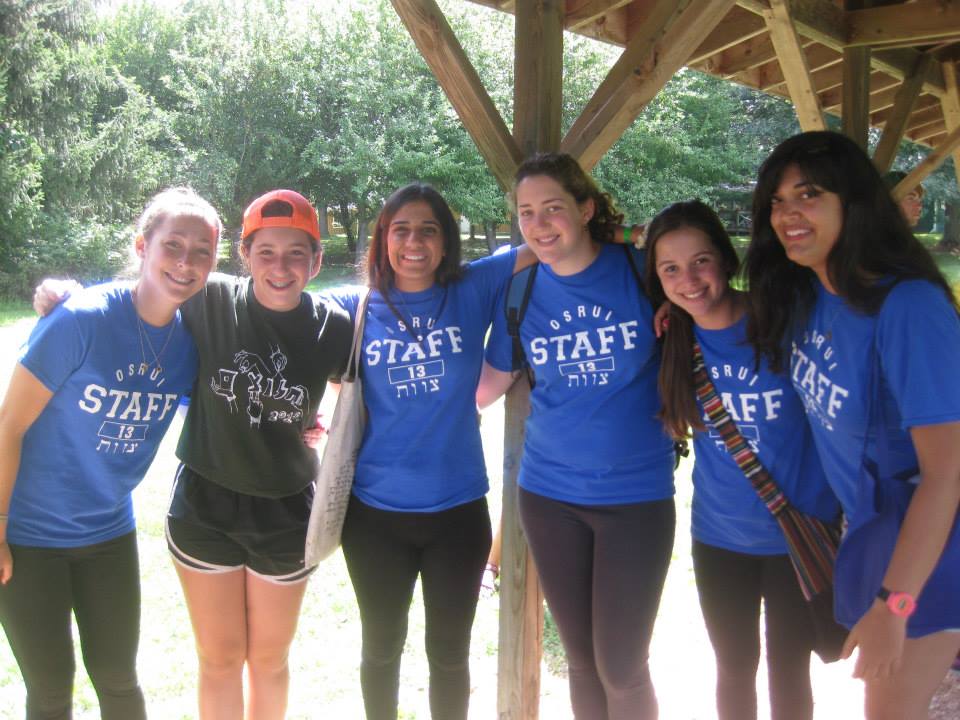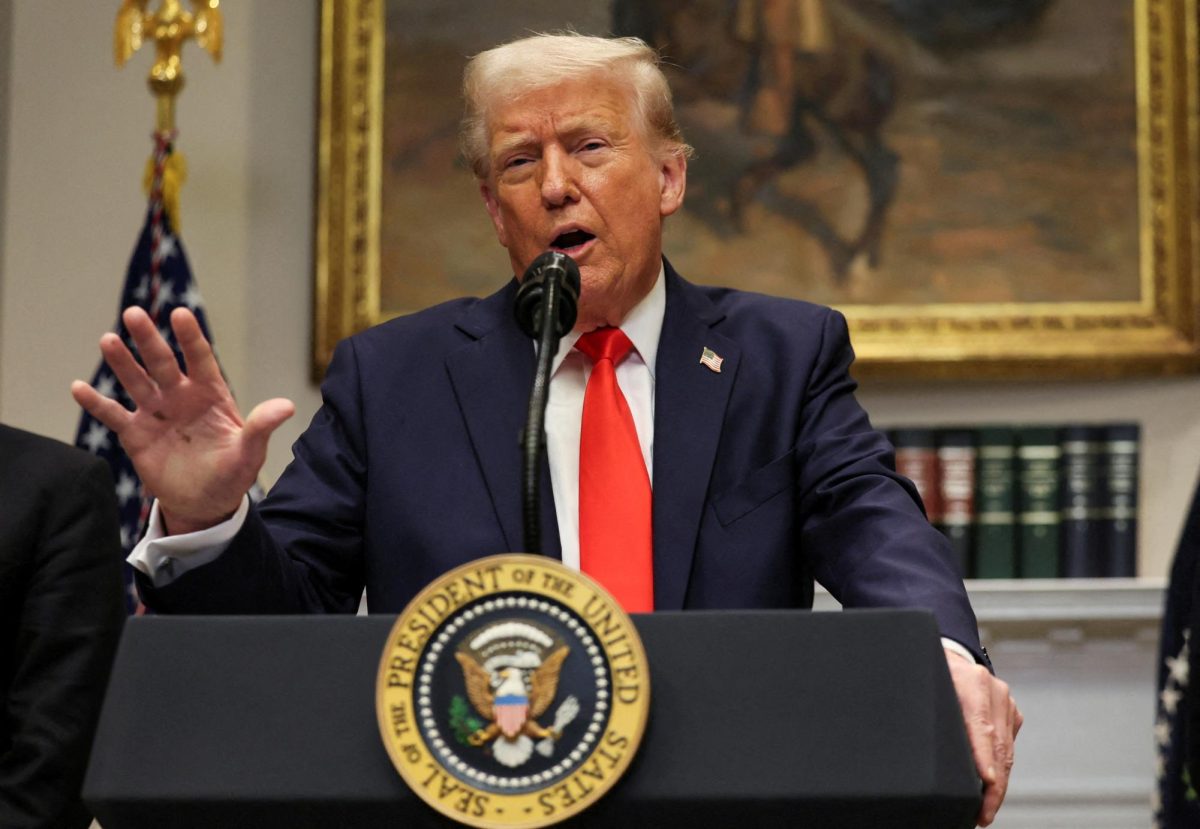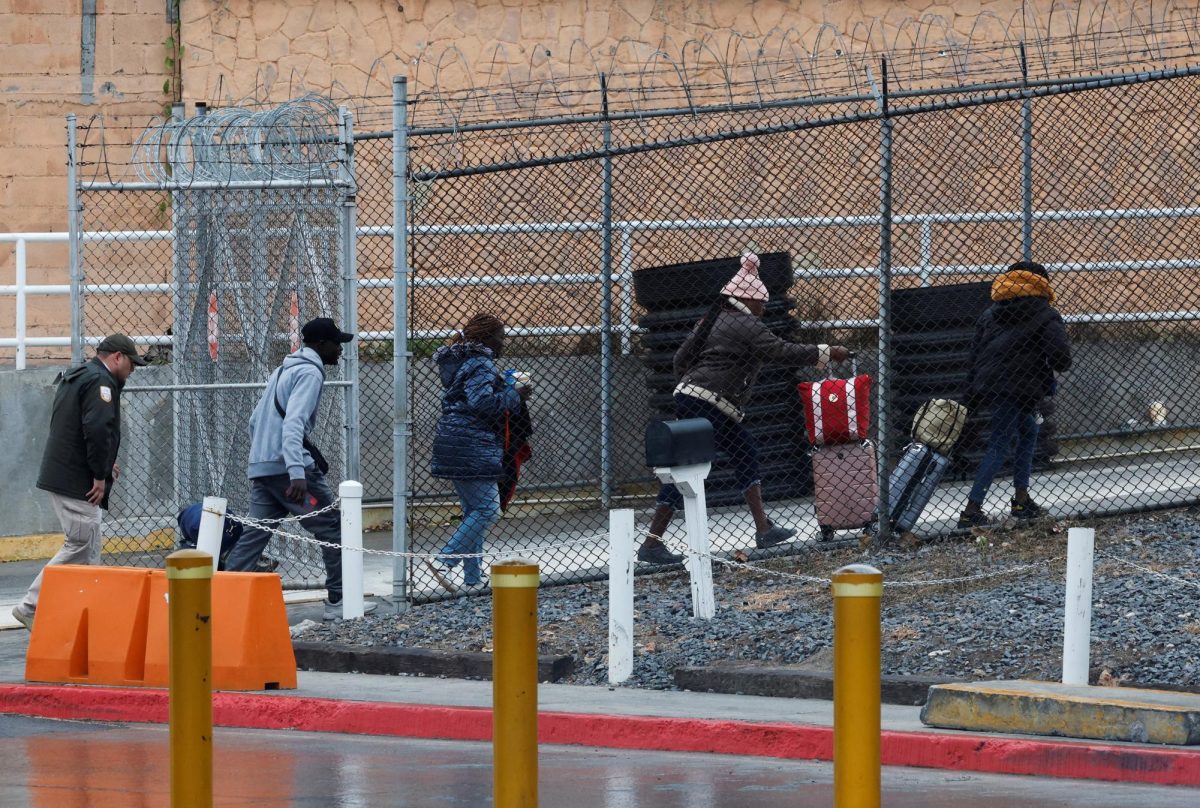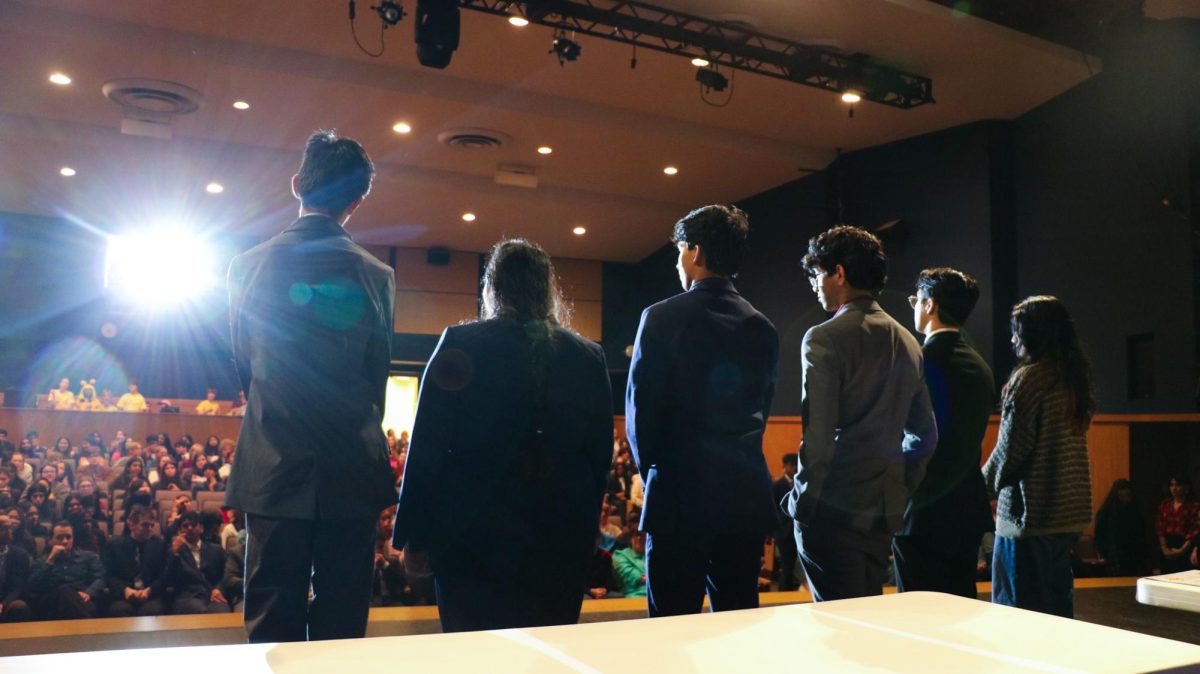
I spent seven weeks this summer speaking rak ivrit, only Hebrew, in Oconomowoc, Wisconsin. The small town between Madison and Milwaukee may seem like a strange place to find a Hebrew immersion program, but along the shores of Lake Lac La Belle is a Reform Jewish summer camp that has been my home-away-from-home for seven years.
Though I have an interest in the language of my heritage, learning Hebrew wasn’t the primary reason I applied to be in Chalutzim, the immersion program for entering sophomores at Camp Olin Sang Ruby Union Institute (OSRUI). This unit happened to be the next unit at the camp, and not attending would mean a summer away from many of my closest friends.
The experience turned out to be life changing, and not just because my Hebrew competency improved dramatically. Living my life in Hebrew and with Israeli counselors helped me develop a new appreciation for another culture, for diversity and for the smallness of our world.
Because I’d studied Hebrew daily during elementary school, the language gap did not overwhelm me as much as it did others (except for the time when I used a word I thought meant “friend†but actually meant “boyfriendâ€).
What took some getting used to was living with counselors who had been raised in a different culture. Most of them were fresh out of the Israeli Defense Forces or were at camp as part of their army service. Perhaps that’s why they thought we would behave more like soldiers. For example, the time we got busted for having candy in our cabin, they reprimanded us with, “In the army, the most important thing is trust.†When we pulled a prank on the counselors, they didn’t realize that we were just trying to make them laugh. We simply didn’t understand each other.
Fast forward seven weeks, and we had all learned not only to communicate better but to appreciate each other more. Benjamin Beraha, a former Chalutzim counselor who now teaches in a Washington DC Hebrew Immersion Charter School, said,“If we want the next generation to really embrace equality between race, sexual orientation, what have you, language equality has to be there, too,†Baraha said. “In America, we look at somebody who doesn’t speak English, and it’s a barrier. We assume they are different. But we have to look at everybody as equals no matter what language they speak.â€
Chalutzim was filled with memorable moments, but more importantly, it caused all of us campers to see from a new perspective. Over time, we grew to understand that more similarities unite us than differences that separate us. On the last night of camp, with tears flowing from everyone, the counselors said that though they came thinking they would be teachers, they learned just as much from us. We had become a family.
Beraha best articulated the transformation. “Once you learn another language, it makes you better at having an attitude that understands differences,†he says. “It’s not like studying math or just learning something. It’s acquiring tolerance for differences and knowing that even if we are different, it’s going to be okay.â€




















